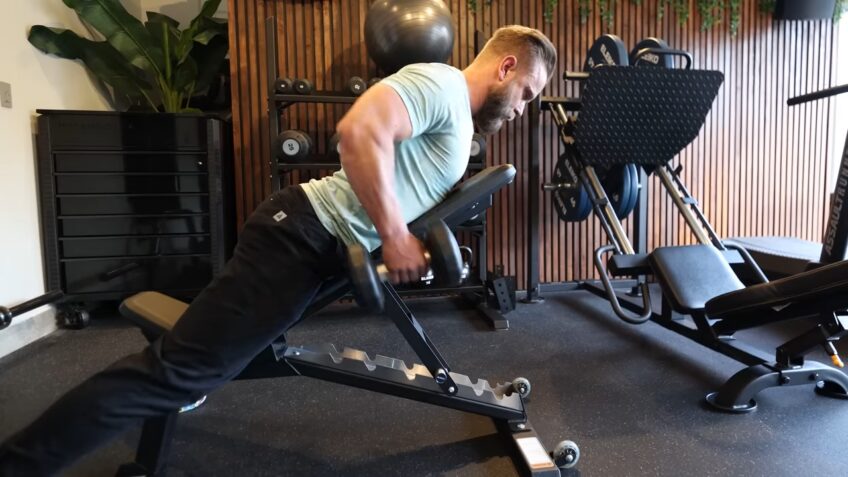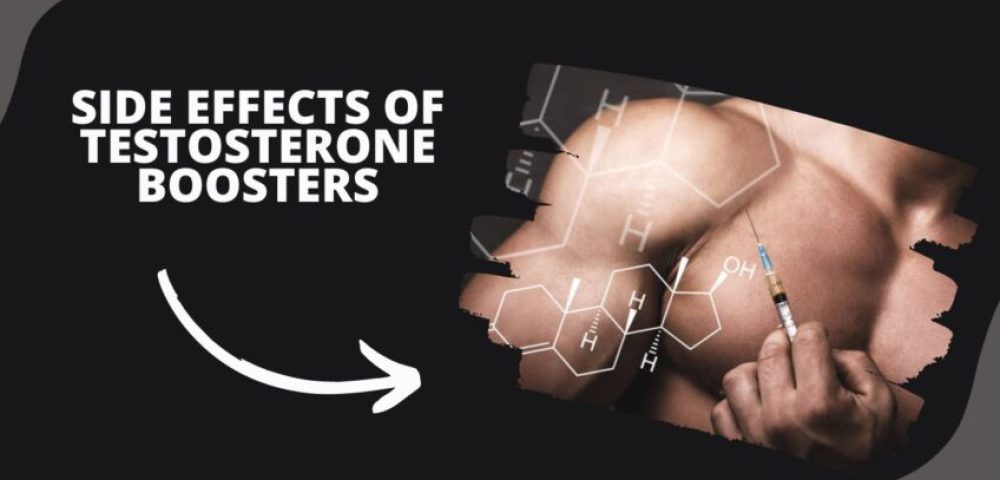Living in the modern world comes with its fair share of advantages but also challenges. There are remedies for a lot of things that were once considered impossible to overcome allowing us a better quality of life and more health overall.
What is more, it is all readily available around us and can be bought over the counter. Whether a medicine or a supplement or something else perhaps, it is now much easier to deal with various issues that could be causing us discomfort or unhappiness.
Among things that a lot of men struggle with for example is the lack of testosterone. Testosterone is a hormone produced primarily in the testicles in men and in the ovaries in women, although the adrenal glands in both sexes produce a small amount too.
It plays a critical role in the development and maintenance of male sexual characteristics including the growth of facial and body hair, the deepening of the voice, and the development of the testes and prostate gland.
In addition to its role in sexual development, testosterone also has a number of other important functions in the body. For example, it helps regulate bone density, muscle mass, and fat distribution, and it plays a role in red blood cell production.
It is also important for cognitive function and mood regulation. As such, it is vital for the optimal performance of a healthy man and its levels need to be up to a certain point if things like physical, sexual, and mental performance are to be satisfactory.
Page Contents
Optimal Testosterone Levels
Testosterone levels tend to be the highest in men in their late teens and early 20s and they typically decline gradually with age. This is normal of course, but sometimes they can get too low. It can happen earlier for some, but it usually happens at a later age.
A variety of factors can affect testosterone levels including certain medical conditions, medications, and lifestyle factors such as diet and exercise. A lot of personal factors can have a role in testosterone levels in the male like physique, age, and activity level.
Low testosterone levels can lead to a number of different symptoms including fatigue, decreased sex drive, erectile dysfunction, loss of muscle mass, and mood swings. Treatment comes in many different ways, the most extreme being hormone replacement therapy, although the risks and benefits of this approach should be carefully considered by a healthcare provider.
Increasing Testosterone Levels
If something is too low, the right thing to do would be to increase it, right? While testosterone levels can be increased in a variety of ways, not all of them are equally effective or recommended. There needs to be a lot of care and proper information included in the decision.
Regular Exercise

Regular exercise and strength training can help increase testosterone levels. There should be at least 30 minutes of moderate-to-hard exercise most days of the week.
Maintaining Healthy Weight
Being overweight or obese leads to lower testosterone levels so maintaining a healthy weight through diet and exercise will help to boost it.
Enough Sleep
Getting enough sleep is important for overall health, but it may also help increase testosterone levels. At least 7 to 8 hours of sleep per night are necessary. It may not always be possible but try your best.
Stress Management

Chronic stress leads to lower testosterone levels and finding ways to manage stress through meditation or yoga helps to boost its levels.
Eating Healthy
A diet high in protein, healthy fats, and fruits and vegetables is always good and it does help with testosterone levels. Processed foods, sugary drinks, and foods high in saturated and trans fats should be avoided.
Supplements
Supplementation is very popular in the modern world as we realize that not enough of what our body needs can be received from natural sources. The most common supplements that may increase testosterone levels include vitamin D, zinc, and ashwagandha. Meeting your body’s need for other vitamins and nutrients could also help. Vitamins C, and B complex, magnesium, and calcium are all beneficial for a range of things that improve general well-being.
Hormone Replacement Therapy
If testosterone levels remain very low and other strategies do not work, hormone replacement therapy may be the only option left on the table. This should only be done under the guidance of a healthcare provider because of potentially serious side effects.
Are Testosterone Boosters Viable?
The aforementioned supplements are not the only type available. Testosterone boosters are supplements that are marketed as a way to increase testosterone levels. They usually contain a variety of natural ingredients like herbs, vitamins, and minerals, which are thought to help boost testosterone levels. Some fitness and exercise supplements like creatine are said to increase the levels of testosterone with regular use.
However, it is important to note that the effectiveness and safety of testosterone boosters are not well established and that there is limited scientific evidence to support their use. Some studies have suggested that certain ingredients, such as fenugreek and ashwagandha, may help with the increase of testosterone levels in certain populations. Still, more research is needed to confirm these findings.
Overall, it is important to talk to a professional before taking any testosterone booster or other supplement to increase the levels in your body. They can help you determine if the supplement is safe and appropriate for your individual needs and can recommend other strategies for boosting testosterone.
Side Effects to Know About
All of this is important because of the many possible side effects of any sort of booster/supplement. Some ingredients can have harmful side effects or interact with other medications and cause issues. For example, there may be stimulants that increase heart rate and blood pressure or interfere with the absorption of other medications. Testosterone boosters can have a range of side effects. Depending on the specific ingredients and the individual using them, they may include:
Acne

Testosterone boosters may increase oil production in the skin leading to acne and other skin problems. This type of acne usually appears on the arms, shoulders, and back, but can also be present on the face.
Sleep Disturbances
Some testosterone boosters contain stimulants or other ingredients that interfere with sleep causing insomnia or other sleeping disorders.
Mood Changes
Testosterone is known to affect mood so the boosters may have similar effects. People could experience mood swings, irritability, or aggression while taking boosters.
Fluid Retention
Testosterone boosters may cause the body to retain more fluid than needed which leads to bloating and swelling.
Hair Loss

Testosterone boosters might increase the production of dihydrotestosterone, a hormone that causes hair loss in some individuals.
Breast Enlargement
The wrong booster can lead to an increase in estrogen levels apart from raising testosterone, leading to breast enlargement in men.
Prostate Problems
Since they can increase the size of the prostate gland, boosters may lead to urinary problems or other issues with the prostate.
Cardiovascular Risks
Last but not least, a testosterone booster may increase the risk of heart attacks, strokes, and other cardiovascular problems, especially in people who have preexisting heart conditions.
Astrona Knight is the Editor-in-Chief at Fischer Institute, where she shares her extensive knowledge on health and wellness topics. Her insightful articles cover everything from diet and nutrition to mental health, providing readers with practical tips and the latest research findings.
Also Read:
- TestoPrime vs TestoGen: Battle of the Testosterone Boosters
- 8 Major Side Effects Of Eating Too Much Spinach: The…
- Goli Before And After Weight Loss - Do They Really Work?
- Celebrities With Lipedema: Did They Treat It With…
- Benefits And Side Effects of Onions: Peeling Back the Layers
- Major Side Effects of Eating Too Many Mung Bean…















